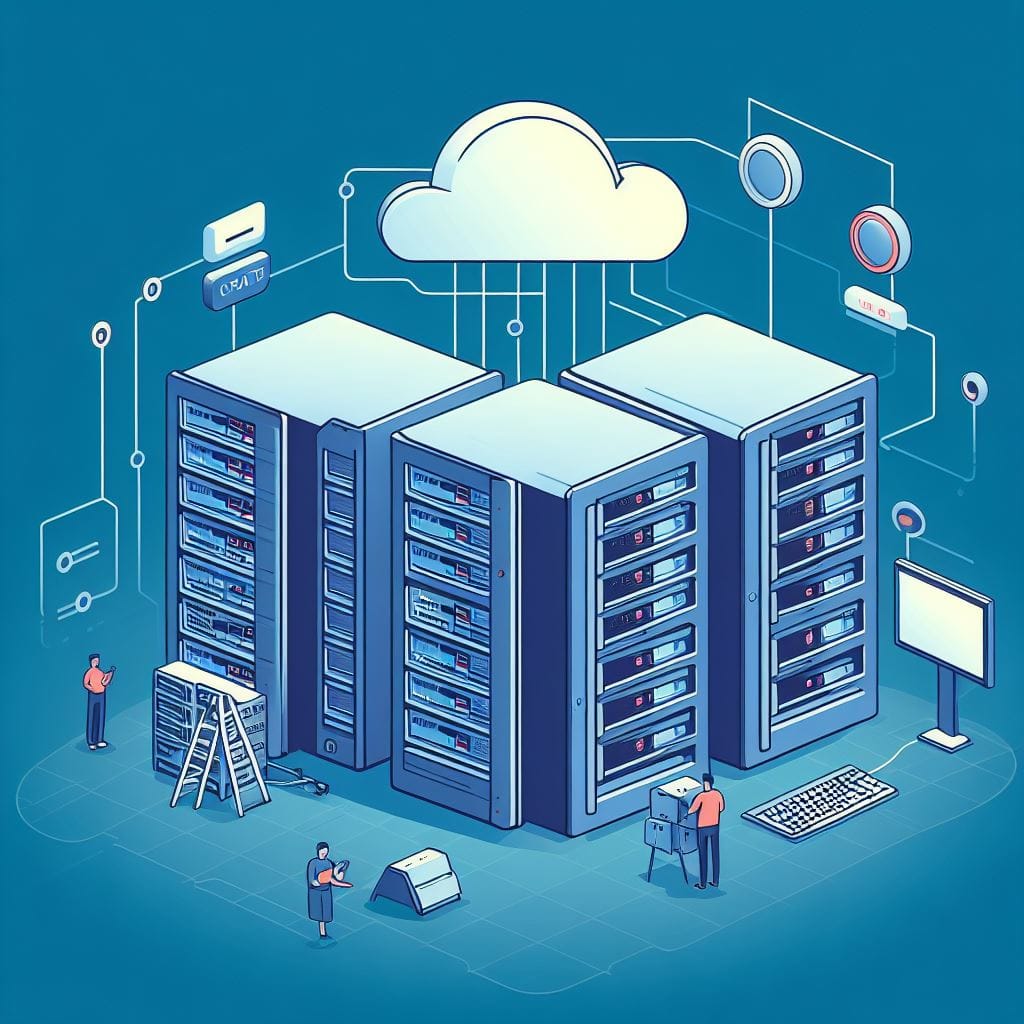Understanding the Benefits of GraphQL for API Development on Hosting

GraphQL is a powerful query language for APIs that provides a more efficient, powerful, and flexible alternative to the traditional RESTful API approach. When it comes to hosting GraphQL APIs, there are several benefits to consider:
- Efficient Data Retrieval:
- GraphQL allows clients to request exactly the data they need, reducing over-fetching or under-fetching of data. This is in contrast to RESTful APIs where endpoints often return fixed data structures, potentially leading to over-fetching of information.
- Reduced Number of Endpoints:
- In a RESTful API, you might need multiple endpoints to cater to different use cases or views. With GraphQL, a single endpoint can handle all types of queries, reducing the need for multiple endpoints and simplifying the API structure.
- Versionless APIs:
- In REST, versioning is often necessary to maintain backward compatibility. GraphQL, on the other hand, enables clients to ask for exactly the data they need, making it easier to evolve your API without breaking existing clients.
- Strongly Typed Schema:
- GraphQL APIs are defined by a schema that specifies the types and relationships between them. This provides a clear contract between the client and server, making it easier to understand and work with the API.
- Introspection and Documentation:
- GraphQL allows clients to introspect the schema, which means they can discover what types and operations are available directly from the API itself. Additionally, GraphQL makes it easy to generate comprehensive documentation for the API.
- Real-time Data with Subscriptions:
- GraphQL supports real-time updates through subscriptions. This enables clients to receive real-time updates when data changes on the server, making it suitable for applications that require live updates.
- Efficient Batched Requests:
- GraphQL allows clients to send a batch of queries in a single request. This can be particularly beneficial for scenarios where multiple pieces of information are needed in one go.
- Faster Frontend Development:
- Because clients can request exactly the data they need, frontend developers have more control over the data they consume. This can lead to faster development cycles as they don't need to rely on backend changes or additional endpoints.
- Optimized for Mobile Devices:
- For mobile applications, where bandwidth and network speed can be limited, GraphQL's ability to request only necessary data can significantly reduce the amount of data transferred over the network.
- Security and Control:
- GraphQL enables fine-grained control over what data can be queried, helping to mitigate issues like over-exposure of sensitive information.
- Ecosystem and Tooling:
- The GraphQL community has developed a rich ecosystem of tools, libraries, and frameworks that can help with various aspects of API development, testing, and deployment.
When it comes to hosting GraphQL APIs, you have the option of using a variety of hosting platforms, including cloud providers like AWS, Google Cloud, and Heroku, as well as specialized GraphQL hosting services.
Remember, while GraphQL offers many benefits, it's important to design your schema and resolvers carefully to ensure optimal performance and security. Additionally, proper caching mechanisms and rate limiting should be implemented to prevent abuse or overloading of the API.



